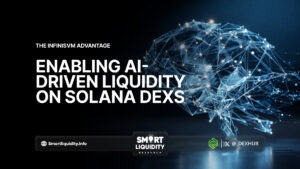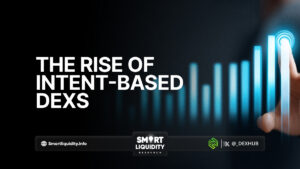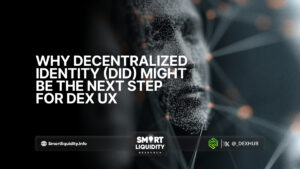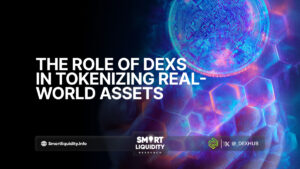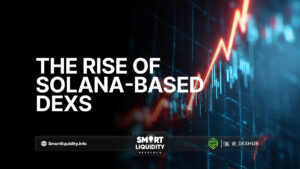How NFT Market Trends Are Impacting DEX Use


The rise of NFTs (non-fungible tokens) has sparked a revolution across the digital art and collectibles markets, leading to increased interest and innovation in decentralized exchanges (DEXs). As NFTs become more mainstream, their impact on DEX usage is growing. This shift is reshaping how traders interact with digital assets, pushing the boundaries of decentralized finance (DeFi) even further.
The Intersection of NFTs and DEXs
NFTs are unique digital assets, typically built on blockchain networks like Ethereum, that represent ownership of digital or physical items. The popularity of NFTs, especially in art, gaming, and entertainment, has brought a surge of new users to decentralized finance platforms. As a result, many DEXs are adapting to cater to this emerging market by supporting the minting, buying, and trading of NFTs.
Traditionally, DEXs focused on the exchange of cryptocurrencies and tokens. However, the growing NFT market has led to the development of NFT-specific DEX platforms, offering specialized features for creators and collectors. This allows users to bypass centralized intermediaries, ensuring greater privacy and control over their transactions.
Impact on DEX Trading Volume
The explosion of interest in NFTs has had a direct impact on DEX trading volumes. As NFT transactions often require decentralized exchanges to handle token swaps, the platforms have seen a noticeable increase in traffic. Furthermore, NFT creators and traders prefer DEXs for their lower fees and enhanced security compared to centralized platforms.
Additionally, the integration of NFTs into DEXs is driving further innovation. For example, some DEXs now offer features like fractionalized NFT trading or staking, allowing users to earn rewards or liquidity by participating in NFT pools. This new wave of opportunities is enticing both seasoned traders and newcomers alike.
Future Trends
Looking ahead, the continued convergence of NFTs and DEXs is likely to result in even more integrated and seamless experiences for users. As technology advances, it’s expected that DEXs will evolve to accommodate new types of NFT assets and enhance their functionality. With more users seeking decentralized alternatives for NFT trading, DEXs will remain a critical player in this fast-evolving market.
In conclusion, the surge of NFTs is undeniably transforming the landscape of decentralized exchanges, making them more relevant and necessary in the ever-expanding digital economy.
